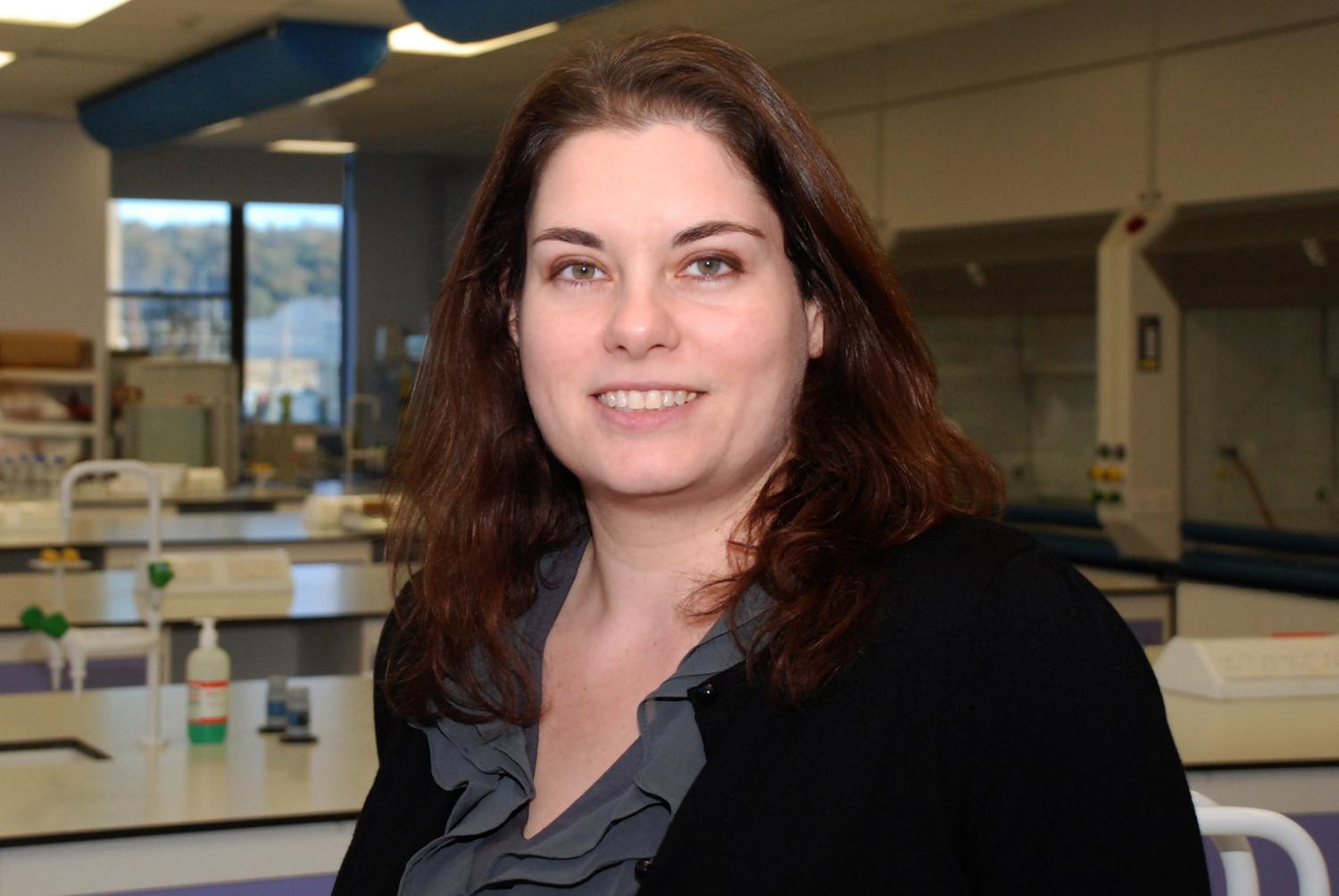Human 'body farm' for decomposing corpses could be set up by forensic scientists for first time in UK
UK researchers are currently using pig carcasses to study decomposition as they have physiological similarities to humans

Your support helps us to tell the story
From reproductive rights to climate change to Big Tech, The Independent is on the ground when the story is developing. Whether it's investigating the financials of Elon Musk's pro-Trump PAC or producing our latest documentary, 'The A Word', which shines a light on the American women fighting for reproductive rights, we know how important it is to parse out the facts from the messaging.
At such a critical moment in US history, we need reporters on the ground. Your donation allows us to keep sending journalists to speak to both sides of the story.
The Independent is trusted by Americans across the entire political spectrum. And unlike many other quality news outlets, we choose not to lock Americans out of our reporting and analysis with paywalls. We believe quality journalism should be available to everyone, paid for by those who can afford it.
Your support makes all the difference.The UK’s first body farm, where decaying human remains are studied, could be created if forensic scientists can persuade the Government to allow it.
Dr Anna Williams, a forensic anthropologist at Huddersfield University, said cases like the murder of Milly Dowler “could have been helped" with information of the type that we will get from such centres.
“It would have allowed us to develop improved search and location techniques for finding bodies of people who had been missing for a long time. There is now an urgent need to establish one in this country,” she said.
The Human Tissue Authority (HTA) is in regular contact with scientists including Dr Williams.
“Our aim is to ensure that, were such a facility to be established in the UK, the consent of the individuals who donate their bodies would have primacy and the activities taking place would be subject to the same standards as those required in other areas of research where human tissue is used," a spokesperson said.
John Cassella, a professor of forensic science education at Staffordshire University, also called for a British body farm which would improve and enhance UK research.
He told The Guardian: “We need to carry out experiments on corpses to understand the processes that take place in humans after they have died and that is just the sort of thing we would do at these centres.”
In the United States, there are several body farms, or human taphonomic facilities as they are officially known. Taphonomy is the study of decaying organisms. The centres, run by the FBI, are where forensic scientists carry out research to understand what happens to a body after death.
There are currently no places like this in the UK. Researchers would need a change in the law as it is illegal to use human remains for such a purpose.
However, a suggested short-term solution is if volunteers donate their body parts following operations.
UK researchers have been using pig carcasses which have physiological similarities to humans.
Glyndwr University in Wales has a taphonomic facility where pigs are buried in shallow graves, hung up or left to rot.
Dr Chris Rogers, who is in charge of the forensic science course, believes the research would be of great value to the police.
He said: “We would be looking to determine new ways of estimating how long someone or something has been dead.”
Join our commenting forum
Join thought-provoking conversations, follow other Independent readers and see their replies
Comments